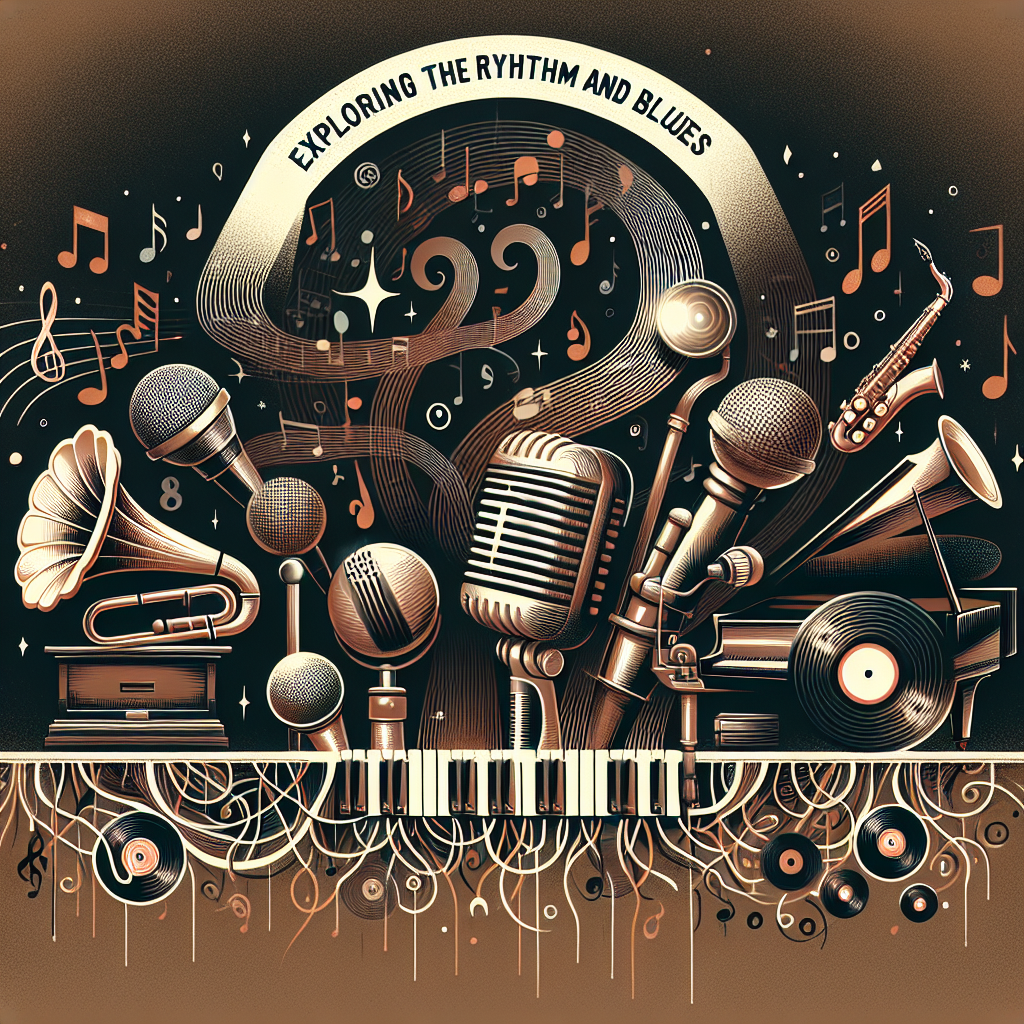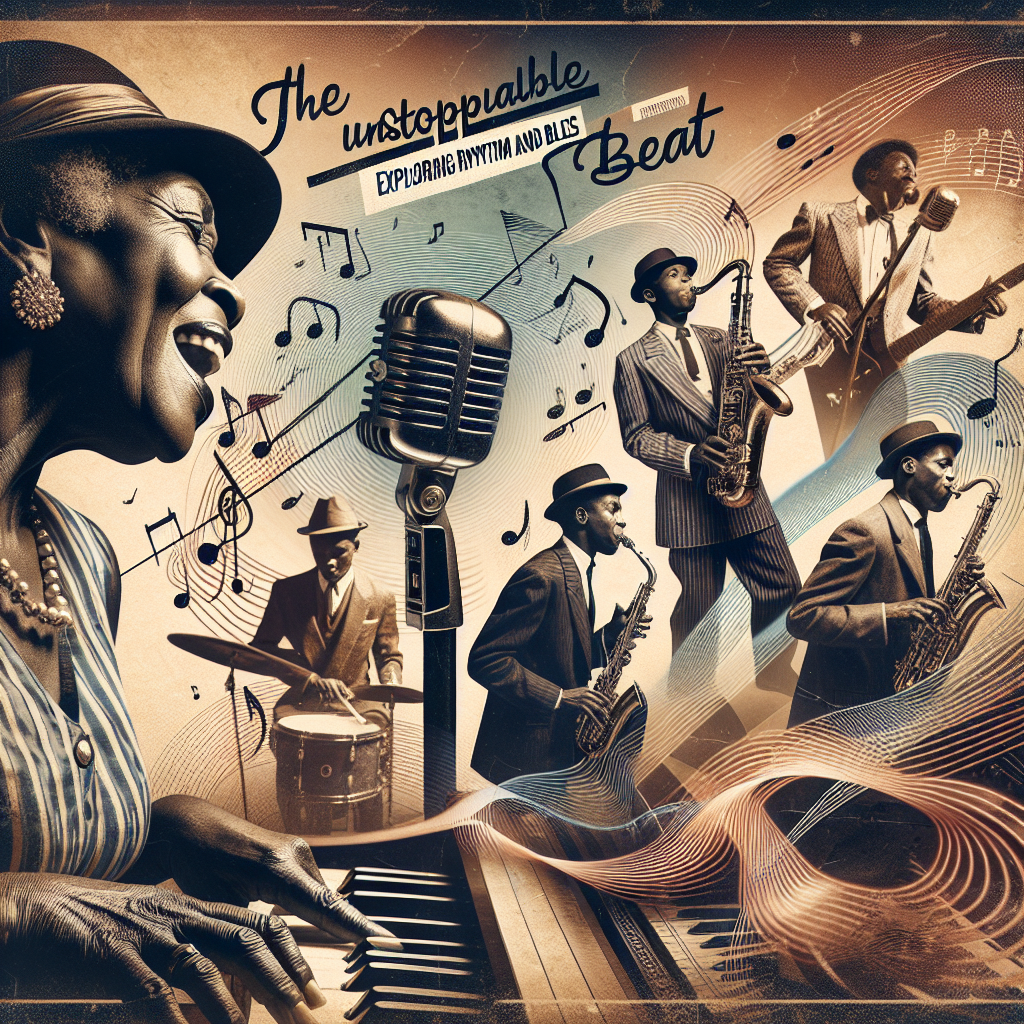Africa, a continent teeming with vibrant cultures, rich traditions, and a diverse populace, is equally revered for its enthralling music. This music tells us not just of Africa’s past, but also presents a window into its people’s hearts, encapsulating those tales that often lose their essence in the absence of their native rhythm and melody. Predominantly, these sounds that resonate from every African corner trace their origins to the land’s rich tribal diversity. This article delves into exploring the richness of African tribal music and understanding its celebrated culture.
Characteristics of African Tribal Music
African tribal music, despite its distinct regional variations, carries some definitive characteristics. It leans heavily on rhythm, making percussion a key element of all its music. Instruments like drums, bells, rattles, and tone-producing instruments like the Mbira and Kalimba convey African stories and lore.
Another key aspect of African tribal music is ‘call and response,’ a type of singing where a leader initiates a line or verse, and a group responds. This reinforces the sense of community and connectivity. This style is markedly prevalent in spiritual, ceremonial, and ritualistic songs, significantly contributing to a unifying and uplifting energy.
The Rich Tapestry of African Tribes and Music
Across Africa, every tribe has developed its unique music form reflecting its lifestyle, beliefs, and history. The music of the Zulu tribe, famous for its vibrant dancing and rhythm-heavy music, is a perfect example. Ethnomusicologists consider the “drum language” of the Ashanti tribe in Ghana as a complex rhythmic language embodied through their music.
Similarly, Pygmy tribes scattered across Central Africa are renowned for their enchanting vocal harmonies. With their music based on a template of short repeated phrases, they exemplify the polyphonic style of Music.
Known for their multi-layered texture of sound and complex polyrhythms, the music of the Yoruba tribe in Nigeria is deeply spiritual and vastly linked to their Ifa religion. The music manifests through varied drums, gongs, and the ‘talking drum,’ a unique instrument that can imitate the tones and glides of their spoken language.
Impact of African Tribal Music Globally
African tribal music has not only been a beacon of unity for Africa’s diverse tribes but has also globally influenced numerous genres. It has inspired the development of musical styles such as blues, jazz, hip hop, and even shaped Rock ‘n’ Roll in the west. Artists worldwide continue to incorporate African musical elements into their work due to its captivating rhythmic structure celebrated as vivacious and soul-stirring.
Conclusion
African tribal music is an eloquent expression of the people’s rich cultural heritage, communal spirit, and shared human experiences. It is not merely the tribal heart’s baseline but an intricate and engaging acoustic language that narrates timeless tales of wisdom, faith, resilience, and celebration. Today, as we explore this music, we’re reminded that such cultural diversity and richness makes our world more vibrant, more harmonious, and truly more musical.
FAQs
- Q1: What are some key characteristics of African tribal music?
A: The defining features include a heavy reliance on rhythm, use of percussion instruments, and a prevalent ‘call and response’ singing style. - Q2: What are the influences of African tribal music globally?
A: It has significantly influenced the development of musical styles such as blues, jazz, hip hop, and even spurred the evolution of Rock ‘n’ Roll in the West. - Q3: How is the music of the Yoruba tribe unique?
A: Yoruba tribe music is deeply spiritual, linked to their Ifa religion. It’s known for its multi-layered sound textures, complex polyrhythms, and the unique ‘talking drum.’ - Q4: What is the ‘call and response’ style?
A: It’s a type of singing where a leader initiates a line or verse, and a group responds, fostering a sense of unity and shared participation. - Q5: What role does music play in African tribes?
A: Music plays an integral part in their lifestyle, cultural expression, communal connectivity, spiritual ceremonies, and preservation and narration of tribal history and values.




